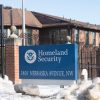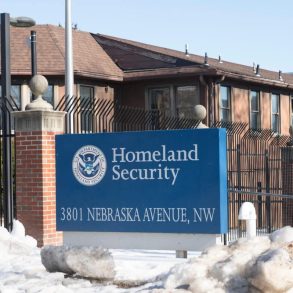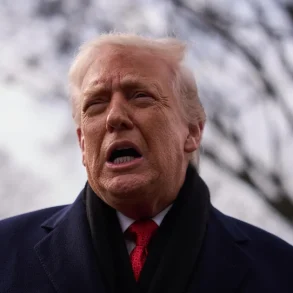In a move that has stirred significant controversy, the Trump administration has deployed an additional 2,000 California Army National Guard troops to Los Angeles, bringing the total federal military presence in the city to nearly 5,000. This escalation, announced by the Pentagon on June 17, 2025, aims to protect federal personnel and property amid protests sparked by Immigration and Customs Enforcement (ICE) raids across the region. However, the decision has ignited a fierce backlash from local and state officials, who argue it’s an unnecessary show of force and a misuse of resources.
Why Are Troops Being Sent to LA?
The deployment, authorized under Title 10 federal authority, comes as part of President Donald Trump’s response to demonstrations in downtown Los Angeles. These protests, which erupted in response to aggressive immigration enforcement actions, have largely subsided, with no protest-related arrests reported since June 14, according to the Los Angeles Police Department. The additional troops, including members of the 49th Military Police Brigade and the 79th Infantry Brigade Combat Team, join 2,100 National Guard soldiers and 700 U.S. Marines already stationed in the city under Task Force 51, led by Maj. Gen. Scott M. Sherman.
The Pentagon insists the soldiers are there to safeguard federal functions, not to engage in civil law enforcement. The troops are undergoing training in de-escalation, crowd control, and the use of force to prepare for their mission. Defense Secretary Pete Hegseth defended their professionalism during a Senate hearing on June 18, stating, “The troops have conducted themselves with the utmost of professionalism, defending our federal agents.”
Local and State Leaders Push Back
California Governor Gavin Newsom has been vocal in his criticism, calling the deployment “political theater” orchestrated by President Trump. In a statement, Newsom’s office clarified that these 2,000 troops were not a new addition but part of a previously announced group, diverted from critical tasks like wildfire response and border security. “This isn’t a new deployment—it’s the same group of soldiers… now twiddling their thumbs for Donald Trump’s political theater,” said Diana Crofts-Pelayo, a spokesperson for Newsom.
Los Angeles Mayor Karen Bass has also taken steps to de-escalate the situation locally, lifting the city’s nighttime curfew on June 19. Local officials argue that the Los Angeles Police Department was capable of handling the protests, some of which turned violent, without federal intervention. Critics, including Newsom, contend that the heavy military presence in a city with a large and diverse immigrant population only heightens tensions.
A Legal Showdown Looms
The controversy has spilled into the courts. Newsom has filed a lawsuit challenging the federalization of California’s National Guard, calling it a “power grab” and arguing that it violates state authority. Last week, District Judge Charles Breyer ruled that Trump’s initial deployment of troops was unlawful, but the 9th Circuit Court of Appeals paused that decision. The court is now reviewing whether the use of Title 10 to deploy troops domestically is constitutional, with a hearing scheduled for June 20 in San Francisco.
The legal battle underscores broader concerns about the use of federal troops in U.S. cities. Critics argue that deploying the military to manage domestic protests risks escalating conflicts rather than resolving them. The presence of nearly 5,000 troops in Los Angeles has become a flashpoint, raising questions about federal overreach and the militarization of civilian spaces.
A City on Edge
Los Angeles, a city known for its vibrant and diverse communities, remains tense as the immigration crackdown and federal troop presence continue to fuel debate. While the Pentagon emphasizes that the troops are there to protect federal interests, many residents and officials see their deployment as an inflammatory response to a situation that local authorities had under control.
As the legal and political battles unfold, the city braces for what comes next. Will the courts rein in the federal government’s actions, or will the troop surge become a new norm in addressing civil unrest? For now, Los Angeles stands at the center of a national conversation about immigration, federal authority, and the role of the military in domestic affairs.








